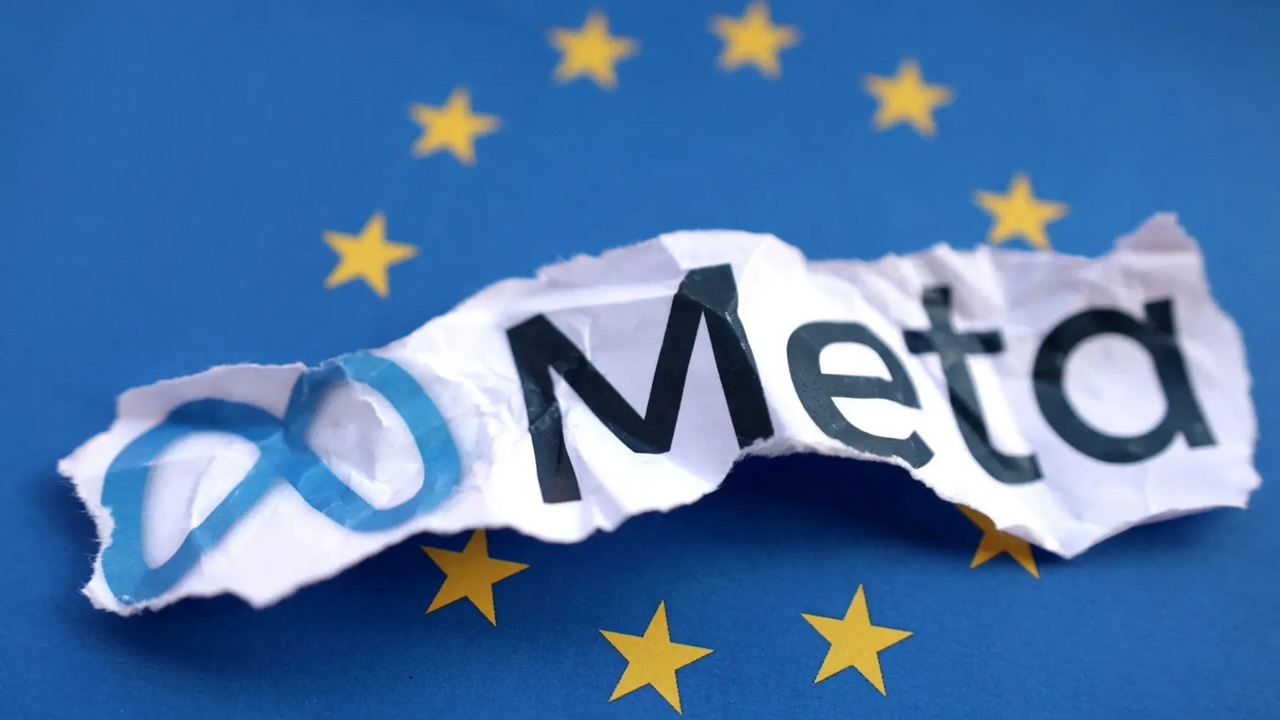Meta refused to sign the European Union’s rules for productive AI systems. The company argued that these rules were legally ambiguous and could negatively impact technological innovation.
Meta rejected the EU’s AI rules.
The rules, developed by the European Commission, require broad-purpose AI systems to adhere to specific standards regarding transparency, security, content flagging, and respect for copyright.

These rules directly target multi-purpose AI products, particularly chatbots and text-image generation systems. The European Union developed this framework to establish a more secure, auditable, and ethical framework for the field of AI.
Meta’s decision was announced by Joel Kaplan, the company’s head of global affairs. Kaplan stated that these rules apply not only to the EU’s AI law, which will come into force in August 2025, but also beyond it.
The statement noted that these additionally burdensome rules could hinder AI innovation in Europe. Meta also believes that legal uncertainties will negatively impact AI developers in the long term.
Despite Meta’s stance, the European Union is not backing down. The rules, currently voluntary, could become more binding with the AI law that comes into force on August 2, 2025. The Commission emphasizes that the regulations aim to protect not only large technology companies but also new entrants to the sector.
Meta’s decision not to sign has revived tensions between the European Union and major technology companies. The EU’s stricter stance on digital regulations could lead to wider disputes with technology companies in the future.













